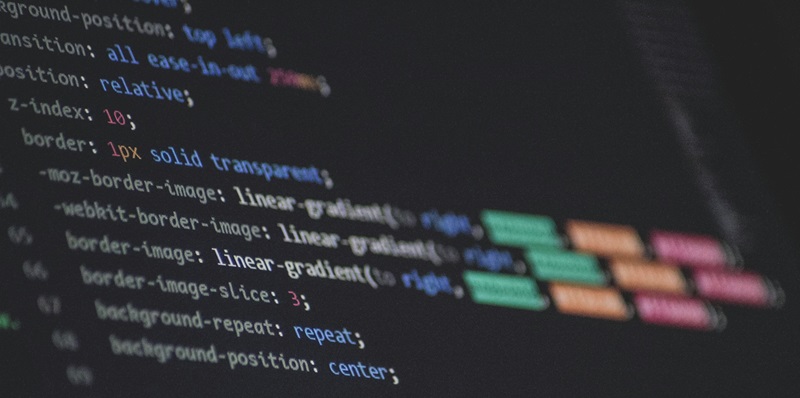In an alarming breach, 23andMe, a popular direct-to-consumer genetic testing service, has recently alerted affected users that their genotype data, health reports, and other confidential information may have been compromised by attackers. This unfortunate incident has raised concerns about the security of personal data in the digital age and serves as a reminder of the importance of robust safeguards to protect sensitive information.
Description of the breach
The breach that led to the exposure of user data was the result of a credential stuffing attack. Hackers were able to access sensitive user information without directly breaching the company’s systems. This method allowed the attackers to bypass security measures by using stolen login credentials from other sources where users had reused passwords. The widespread nature of this type of attack resulted in millions of users having their data exposed.
Timeline of the attack
According to a breach notification letter sent by 23andMe to affected individuals, the attack occurred over a prolonged period, spanning approximately five months. The breach took place from late April 2023 through September 2023, during which time the attackers had unauthorized access to users’ personal information. This extended duration heightens concerns about the potential misuse of the compromised data.
Vulnerabilities were exploited
A significant factor that contributed to the attack was the reuse of passwords by users. By recycling the same password across multiple online accounts, individuals inadvertently increase their vulnerability to credential-stuffing attacks. This practice weakens the security of all accounts associated with the reused password, making it easier for attackers to gain unauthorized access.
Data accessed by attackers
As a result of the breach, the attackers were able to obtain users’ uninterrupted raw genotype data and various other sensitive information, including health reports, health predisposition reports, wellness reports, and carrier status reports. The breach compromises not only personal data but also potentially sensitive health-related information, highlighting the extent of the risk faced by affected users.
Previous claims of data exposure
Interestingly, prior to this recent breach, a threat actor named Golem had made claims of obtaining data from 23andMe users. In October of the previous year, Golem announced the acquisition of data from seven million 23andMe users and shared samples of this data on the cybercrime marketplace, BreachForums. The leaked data allegedly included subsets such as one million “celebrities” of Jewish Ashkenazi descent and a larger group of over four million people primarily from the United Kingdom.
23andMe’s response and security measures
Following the breach, 23andMe took immediate action to enhance its security measures. One of the key steps taken was the implementation of multi-factor authentication for all users. This additional layer of protection ensures that even if an attacker gains access to a user’s password, they would require a secondary authentication factor to proceed. This measure significantly improves the security of user accounts and helps mitigate the risk of future unauthorized access.
Persistent reposting of leaked data
Despite the original posts on the cybercrime forum being deleted, other forum members continue to repost the leaked data repeatedly. This persistence presents a significant challenge in containing the spread of compromised information. It underscores the difficulty in fully eradicating leaked data from the internet once it becomes available on cybercrime forums and serves as a sobering reminder of the extensive impact that data breaches can have.
The breach of 23andMe highlights the critical importance of using unique passwords for each online account and implementing multi-factor authentication whenever possible. By avoiding password reuse, individuals significantly reduce their exposure to credential-stuffing attacks and limit the potential ramifications of a breach. Furthermore, the incident underscores the need for organizations to prioritize robust security measures and regularly educate their users on best practices for safeguarding personal and sensitive information.
As technology continues to advance, the protection of personal data remains an ongoing challenge. It is crucial for companies to remain vigilant in their security practices, and for individuals to take proactive steps to protect their online accounts. By adopting strong security measures, such as unique passwords and multi-factor authentication, users can help safeguard their personal information from malicious actors. The 23andMe breach serves as a stark reminder of the importance of proactive data protection in an increasingly interconnected world.

